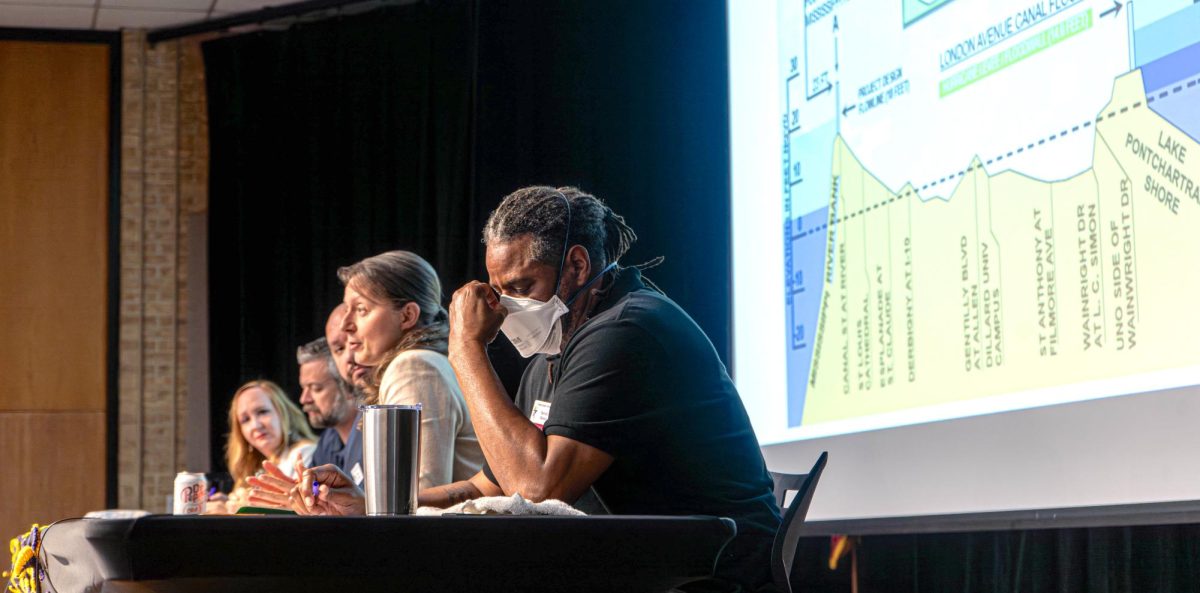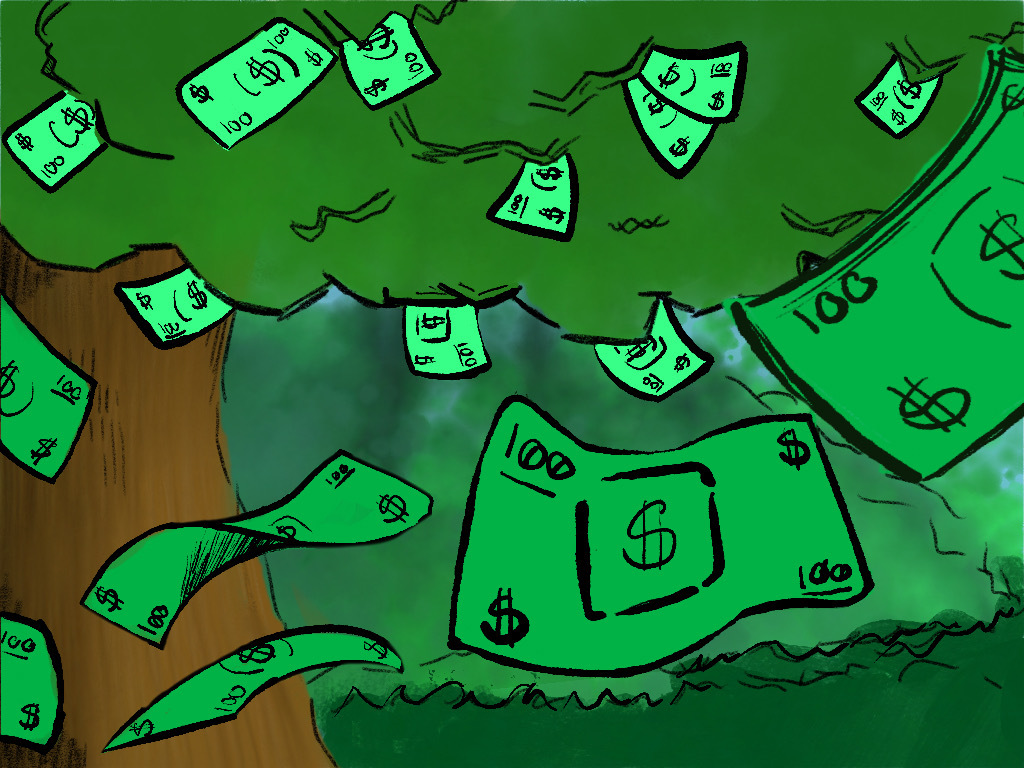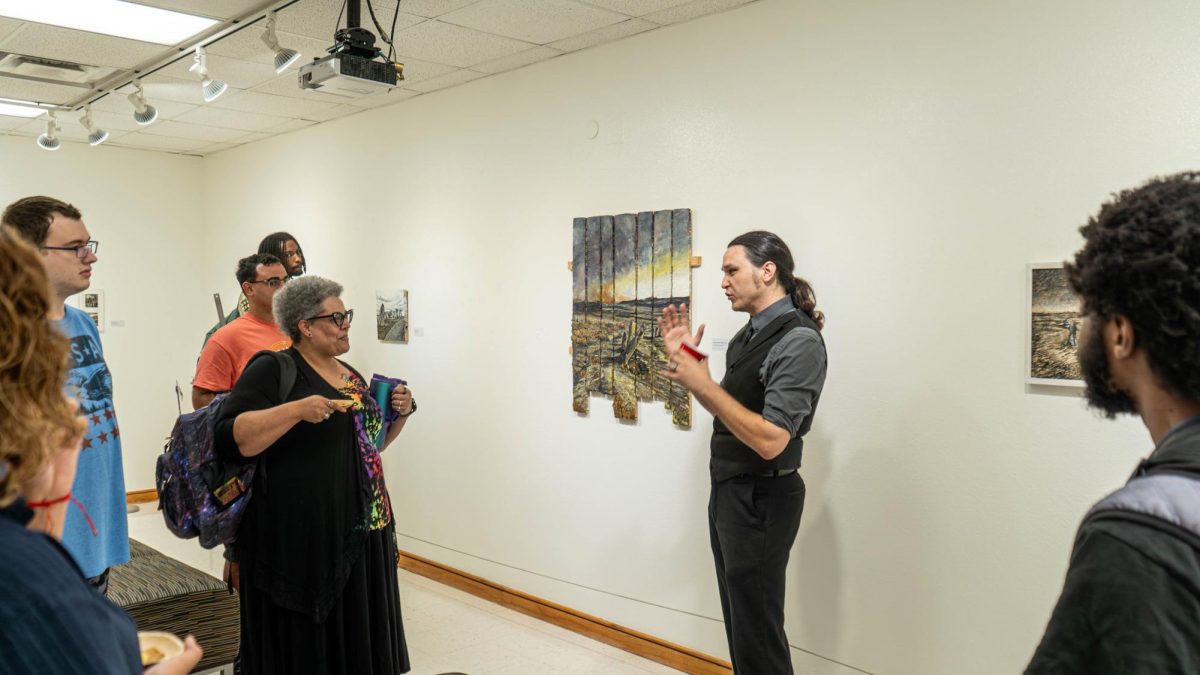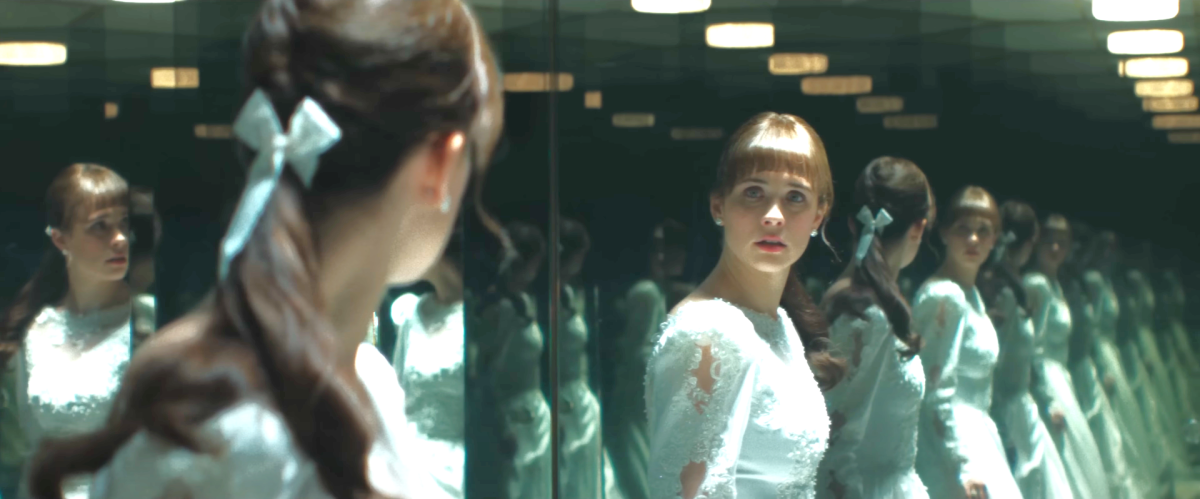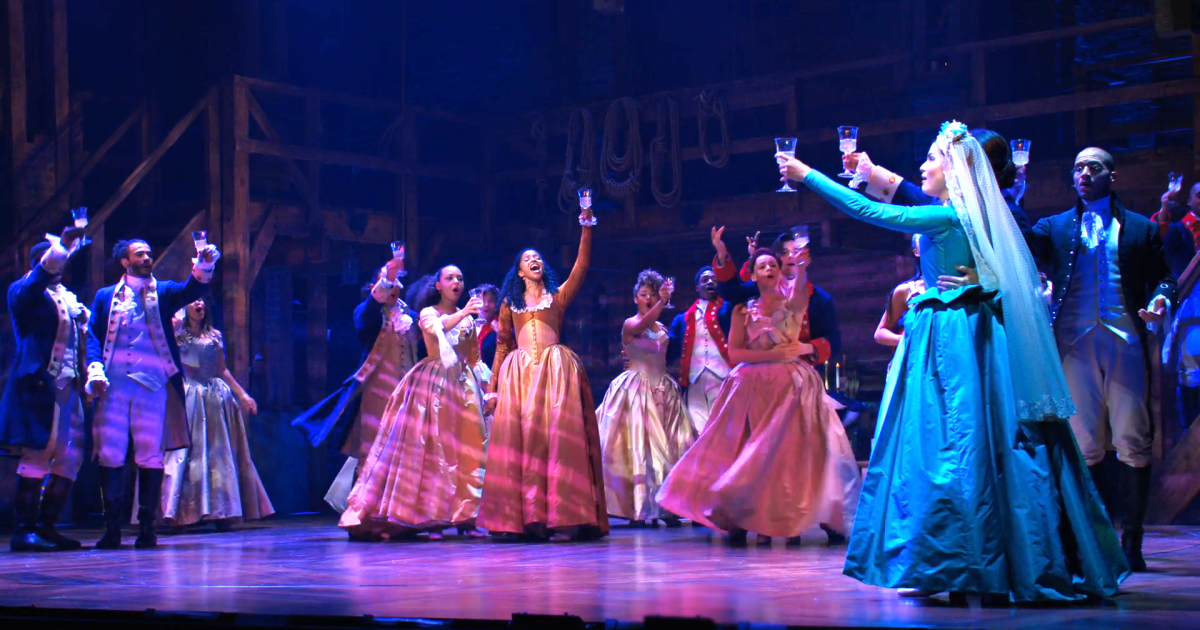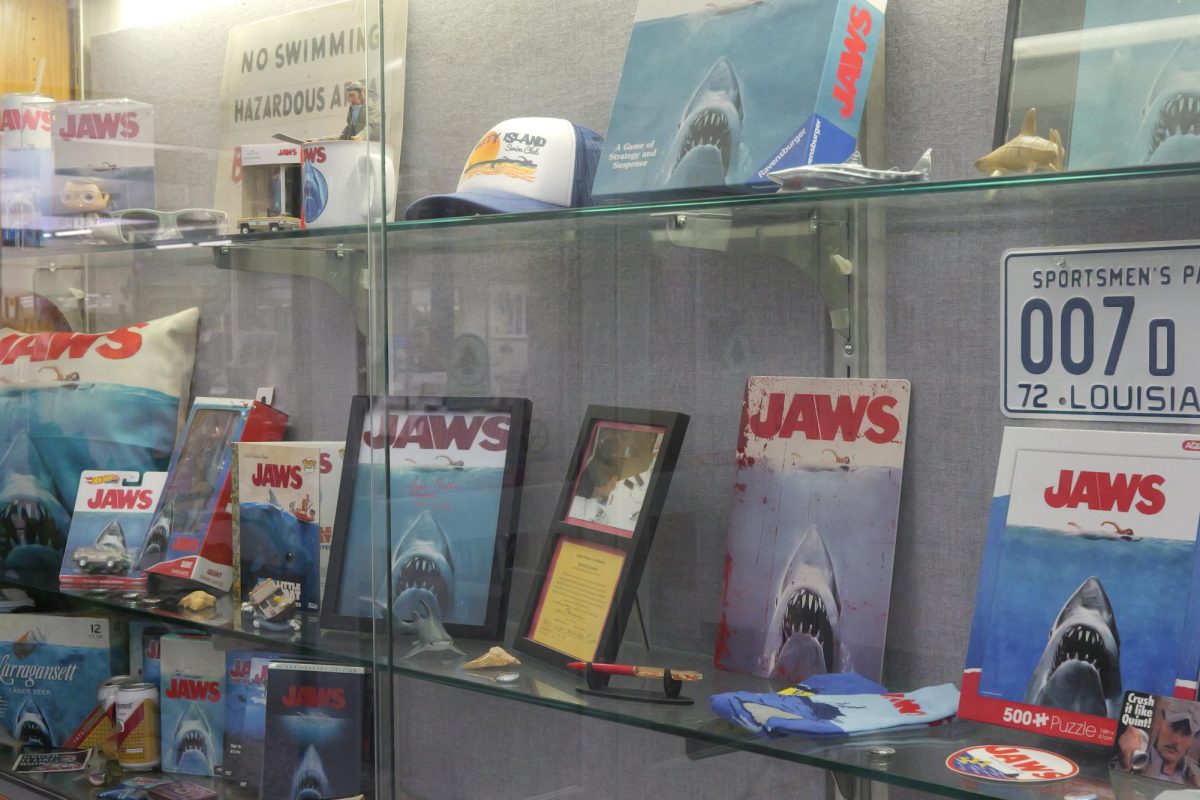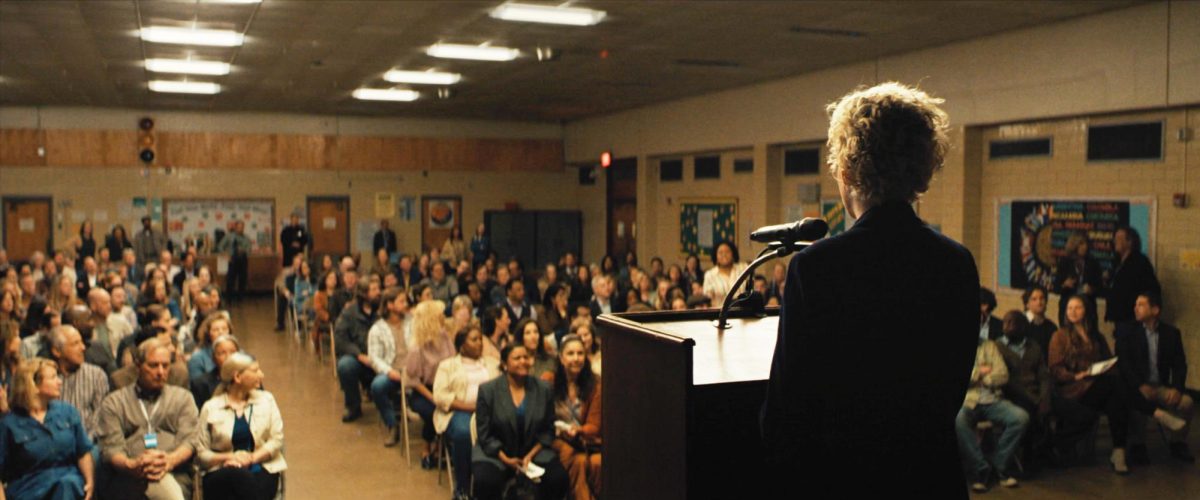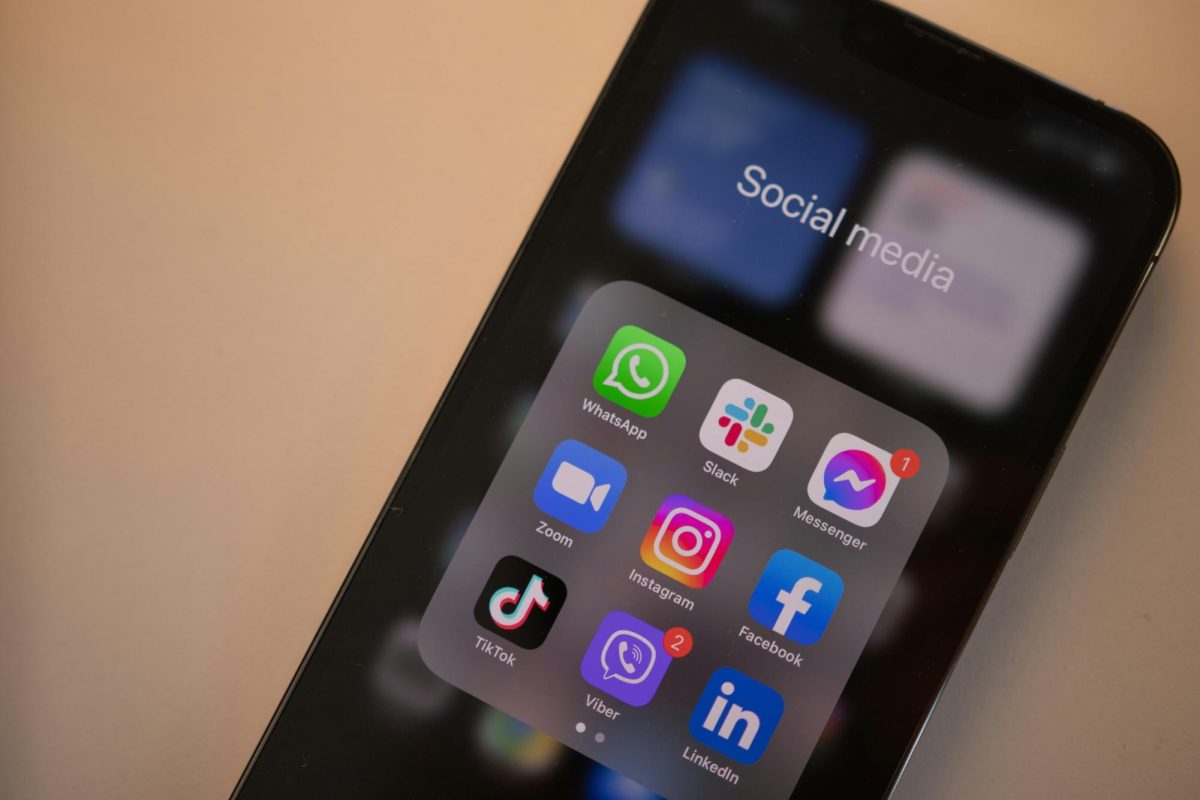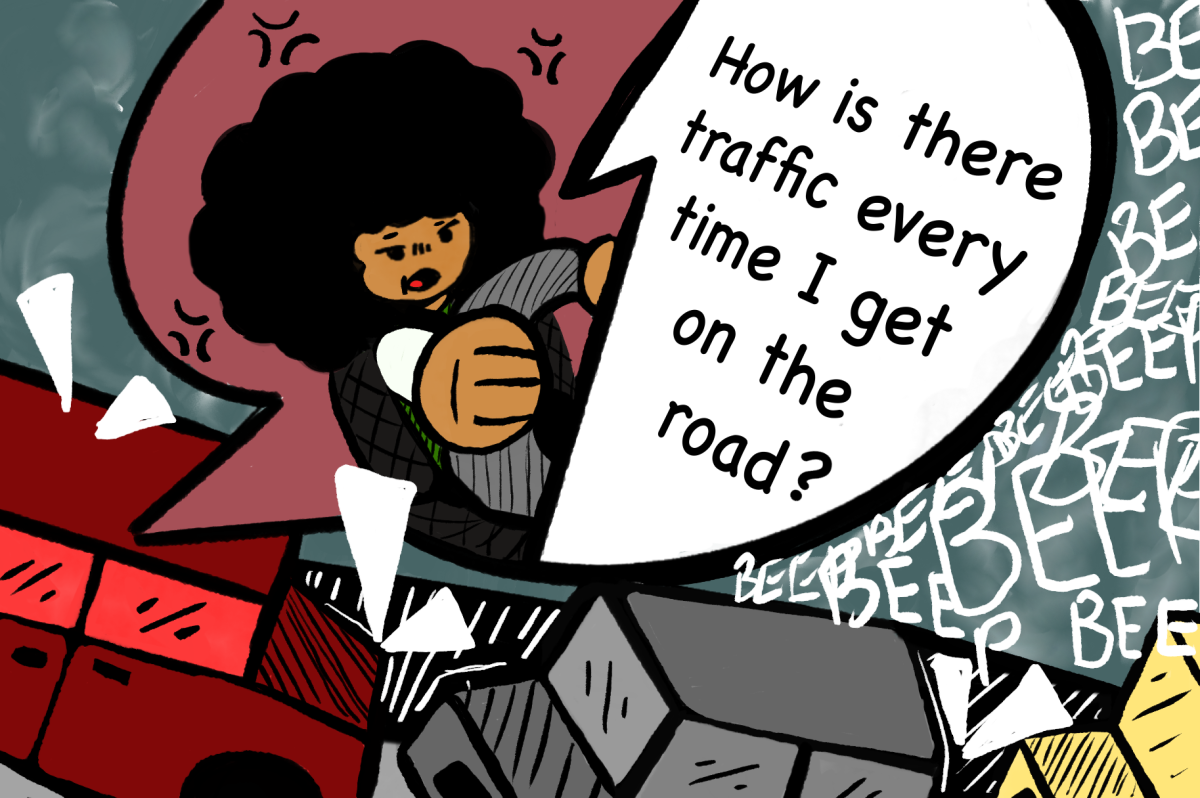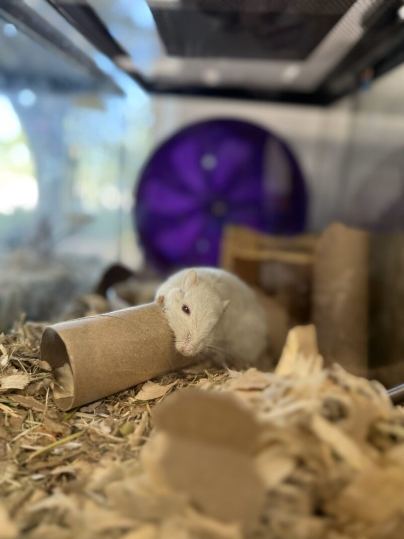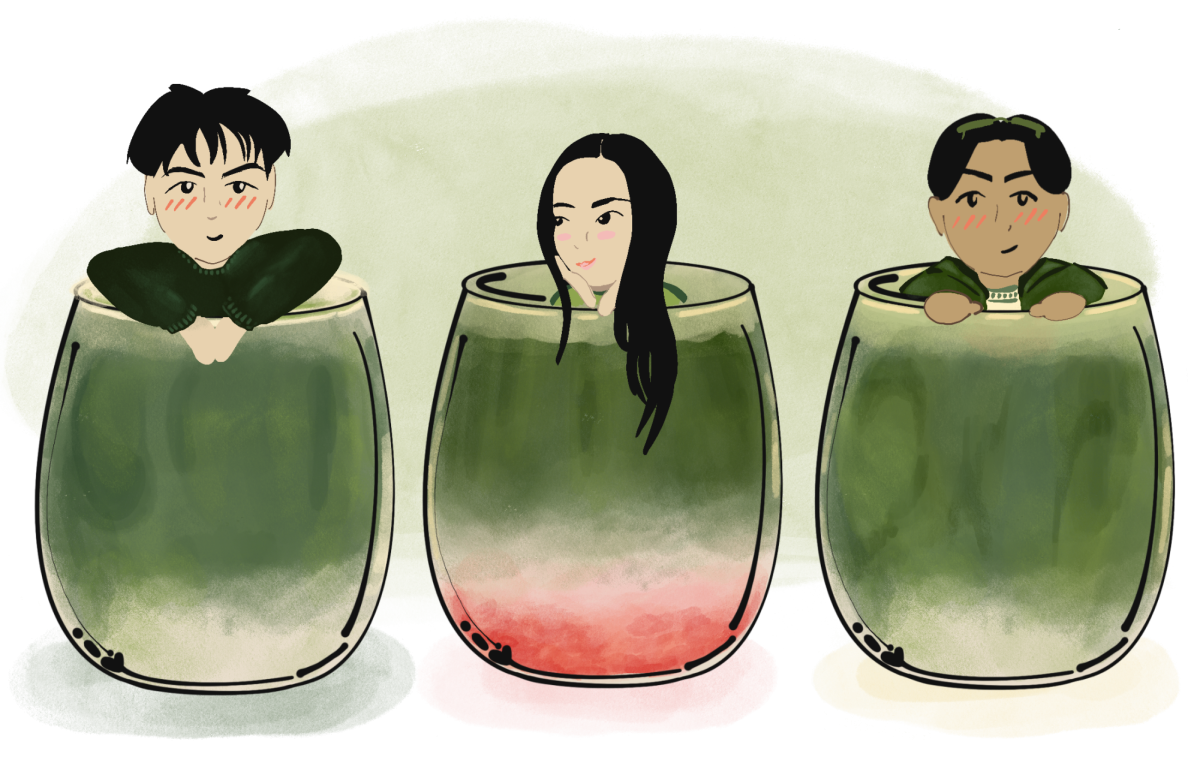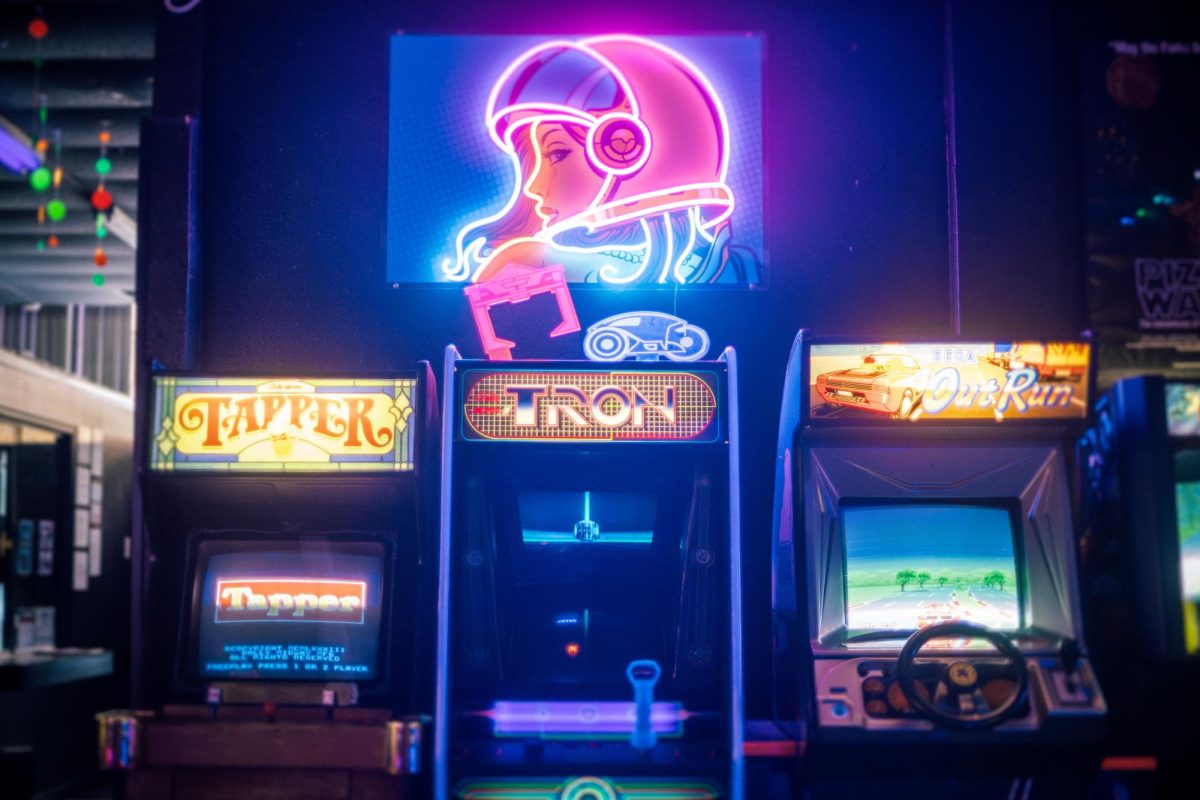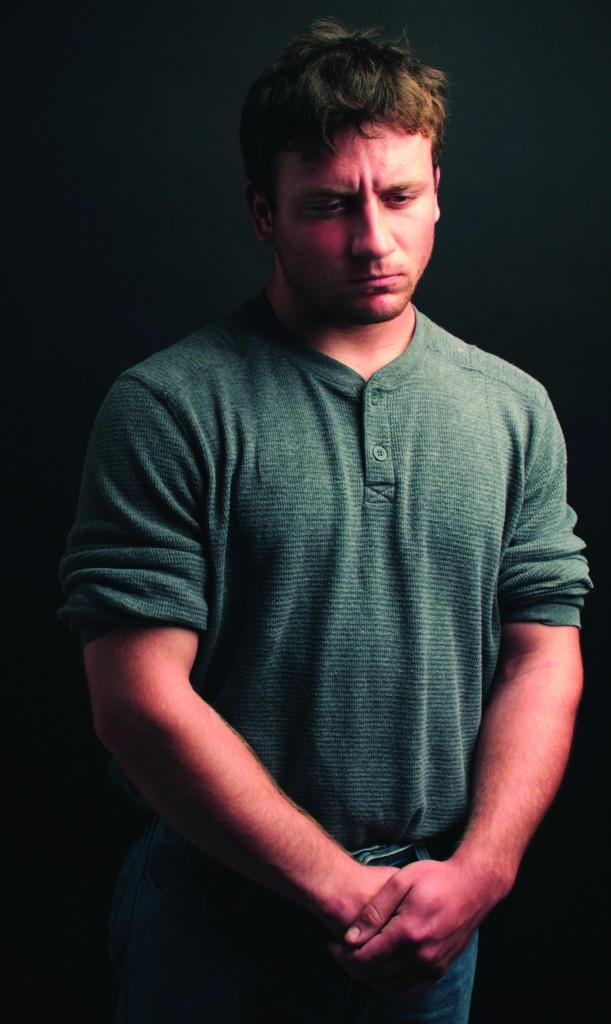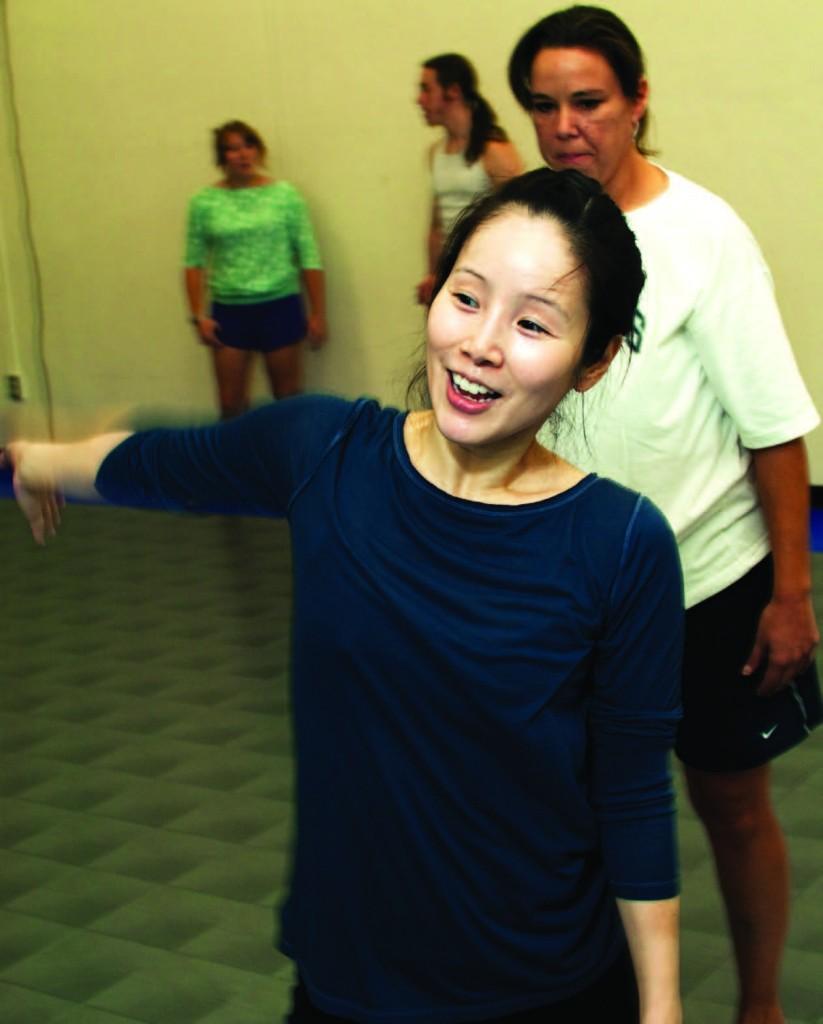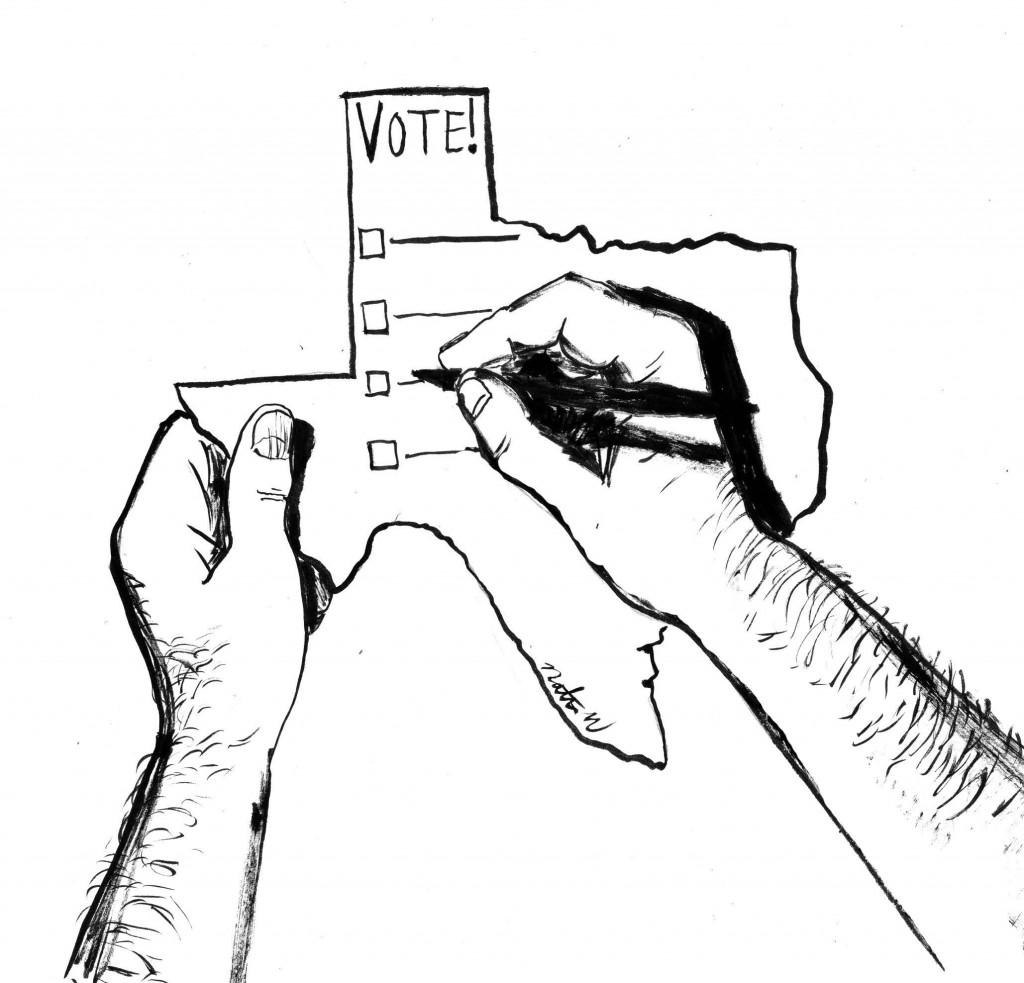By Colt Langley/managing editor
Each campus librarian said Banned Books Week allows students to realize what once was considered inappropriate compared to today.
“It’s a historical record of how things have changed over time,” NW librarian Cassandra Mackie said.
She said it’s part of her duty as a librarian to make others aware of these changes.
“Librarians tend to support open-access material, and we don’t believe in hiding material from our users,” she said. “It’s a way to keep it in memory that banned books can happen at anytime.”
NE librarian Twyla Reese-Hornsby said that not allowing a person to select his or her own reading material is an insult.
“To me, banning books takes away a person’s choice to choose whatever they want to read,” she said. “It says that you’re not intelligent enough to make a decision on the type of books to read. In other words, a person should be able to read any book and come to their own conclusion about the content.”
SE librarian Jo Klemm said she witnessed a student’s surprise about one book in particular that had been banned.
“The student was all bothered because To Kill a Mockingbird was on display and that somebody at some time had prevented students from reading it,” she said. “He said, ‘This book changed my life… What if somebody had kept me from reading it?’”
Klemm said she met this student when he and a group from class were researching in the library. She said after they realized that To Kill a Mockingbird was once a banned book, they changed the focus of their project from censorship to banned books.
“The freedom to read is the freedom to exchange ideas,” Klemm said. “And when organizations keep us from exchanging ideas, then the civilians are corrupted. It sounds dramatic. But it is. We need to protect the freedom of exchanging ideas.”
Reese-Hornsby said NE’s display would include works from old classics to modern-age books.
“A lot of books were banned so long ago that students now wouldn’t understand why,” she said. “But books like Twilight and Harry Potter, students can recognize them and know why they have been banned because they’ve seen news accounts or something on the Internet.”
South Campus librarian Linda de los Fantos said some students don’t realize that some books they know were once questionable.
“Lots of students are surprised that books that have been banned like Huckleberry Finn, the ones they’ve heard about their whole life, were considered harmful to society’s morality.”
TR Campus assistant librarian Andrea Neal said when students do figure out which books have been banned, they generally decide to read them.
“The display does bring attention. Students — they’re surprised that some books have been challenged, so it makes them want to check them out,” she said. “They’re just more interested.”

